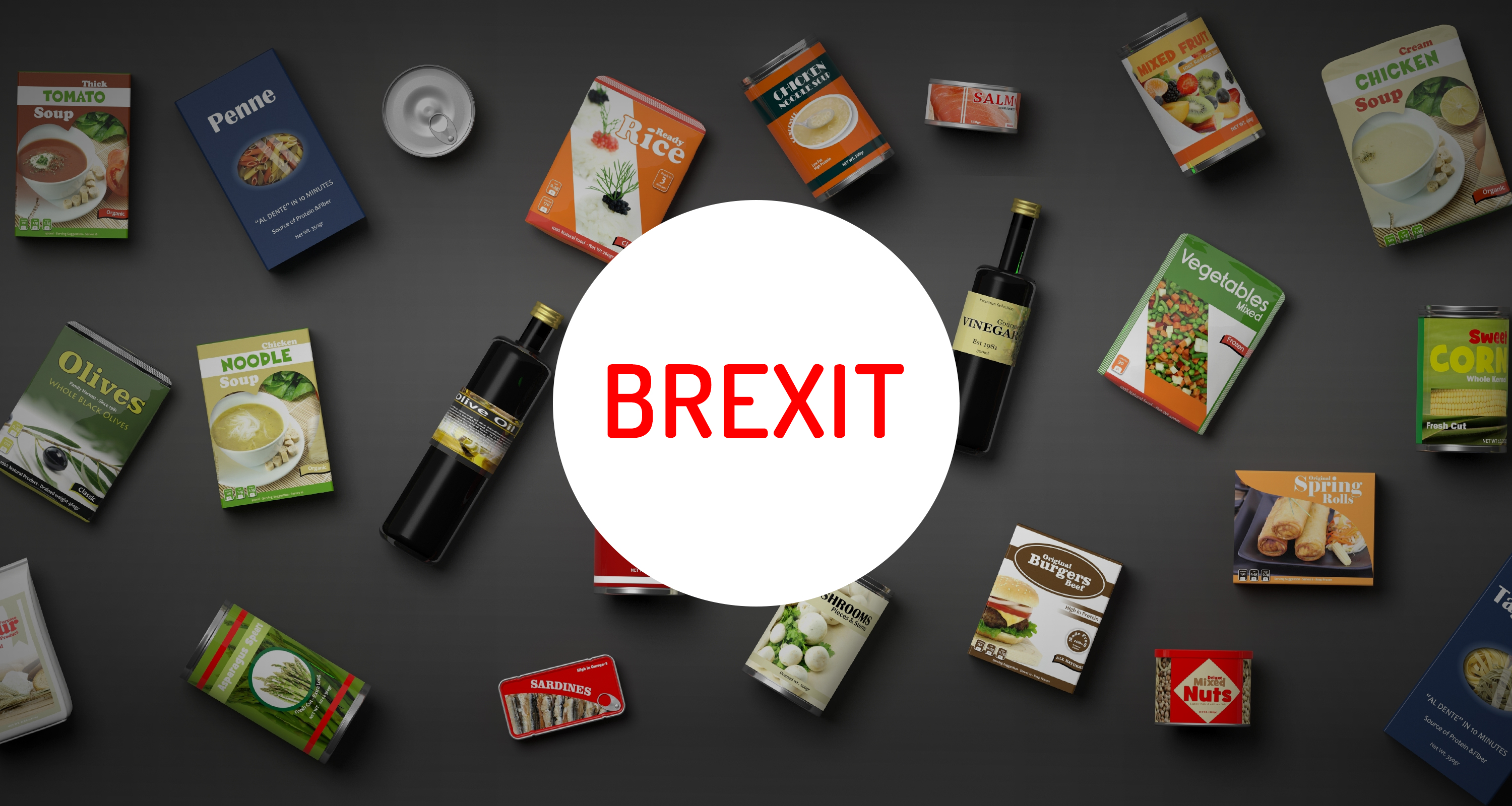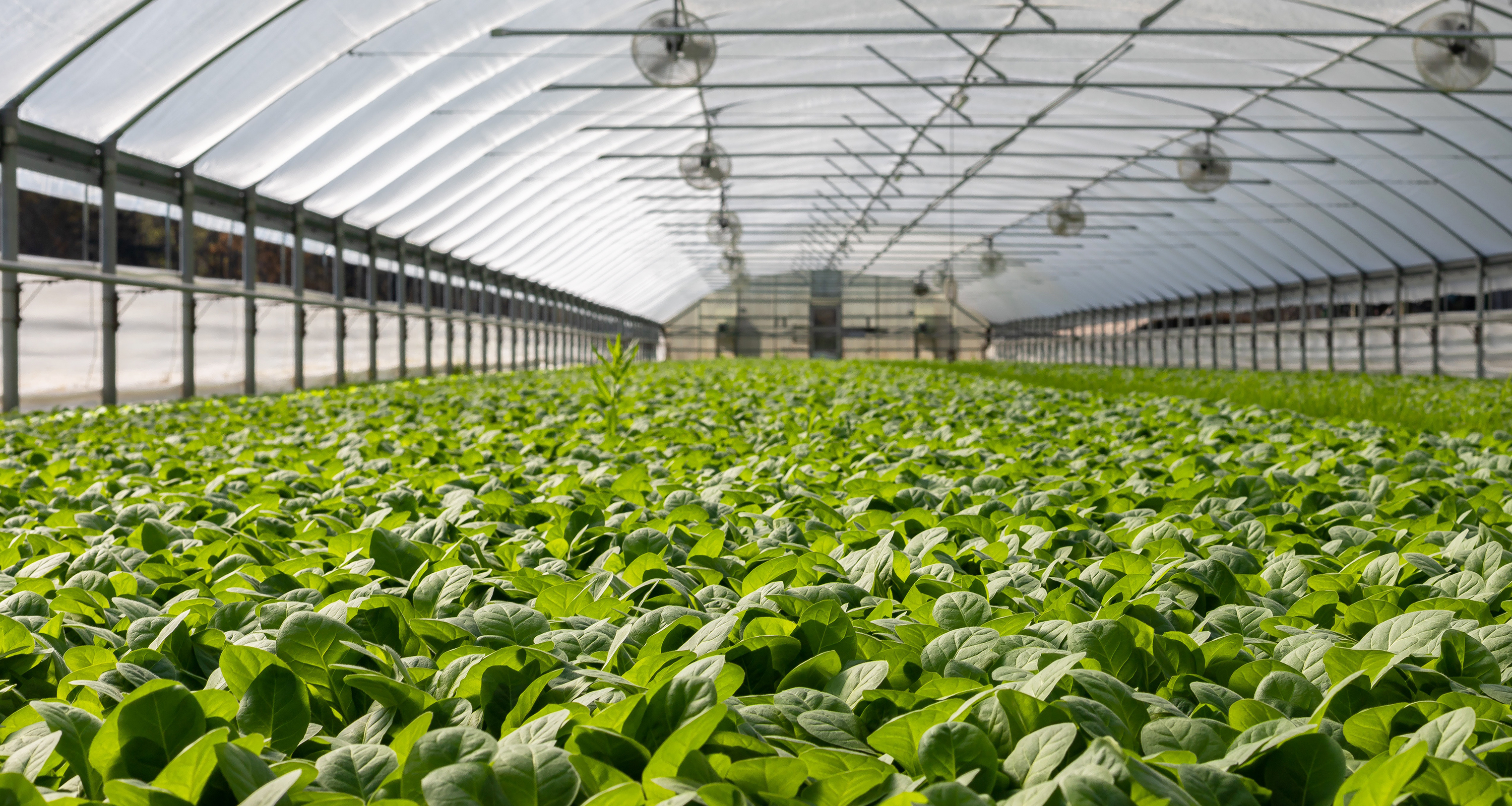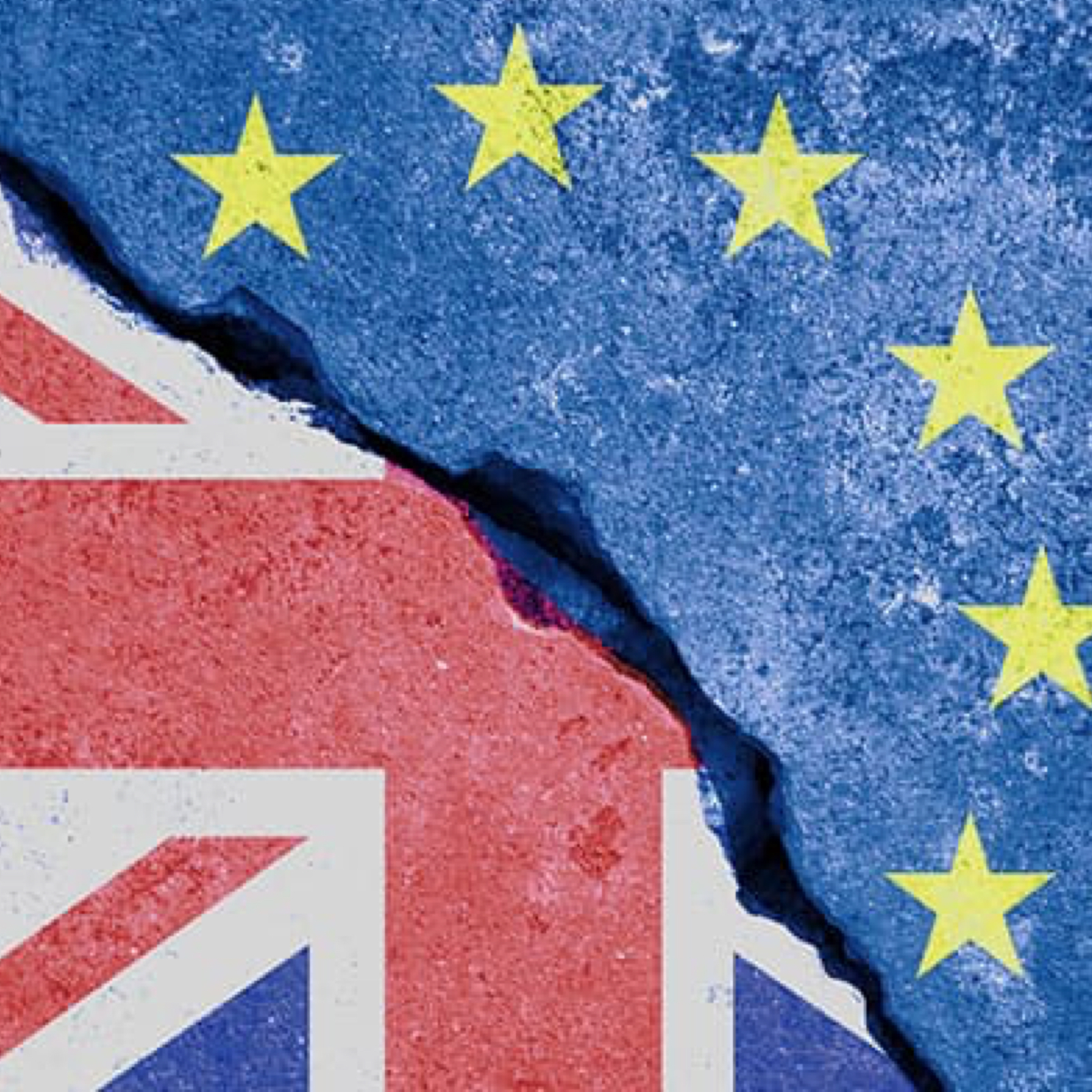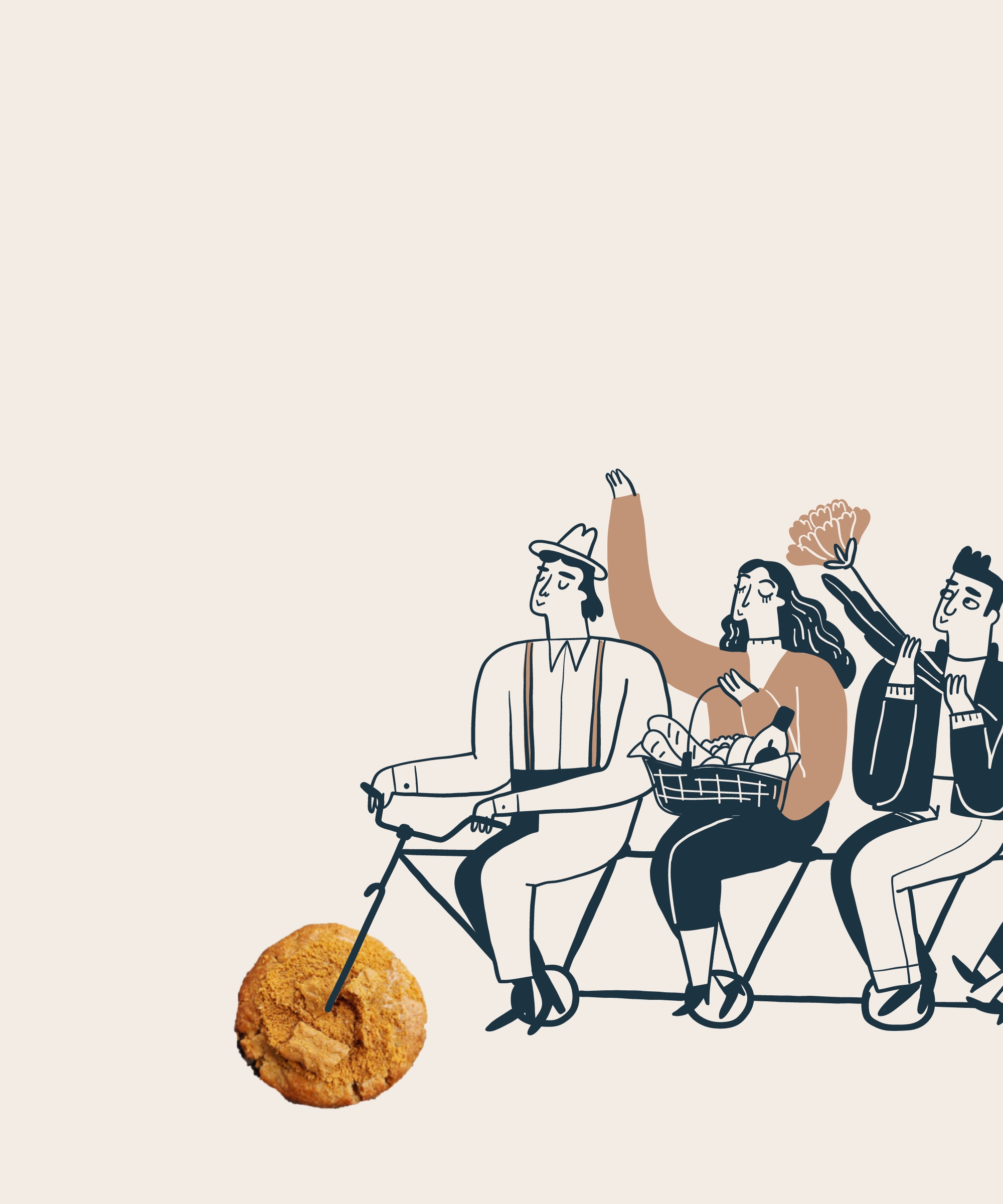
If you’re in the food business, have you thought about food labelling after a no-deal Brexit? Brexit continues to be big news, especially due to the possibility of a ‘no-deal’, but what does this mean for those in the food industry in terms of food labelling and packaging?
When the UK leaves the European Union (EU), there will be labelling changes (even if basic principles on labelling remains the same) and a formal guidance on these labelling changes has been issued by the EU.
To fully understand how food labelling changes, after a no-deal Brexit, will impact your food business and affect how you label your products, it is important to check with your EU importer(s).
The EU itself has also issued its own guidance, to confirm that labelling changes should be in place from the exit day so that food businesses can continue to export to their markets.
What could be changing?
The following food labelling could be affected by a no-deal Brexit, although there will also be transition periods in place, depending on whether you currently export food to the EU or place goods in the UK.
If you export food to the EU:
– Food business operators (FBO) with an address must include an EU address for the FBO or EU importer on their packaging / food labels
– Organic food or feed cannot be exported if your UK control body isn’t recognised by the EU or without an equivalency EU deal
– If you currently have an EU emblem on your goods but they are produced in the UK, it will have to be removed unless the EU gives you permission to use it
– Any EU health / identification marks on exporting goods of animal origin will be replaced with UK ones
– With regards to country of origin labels, goods produced in the UK cannot be labelled EU
If you produce or place goods in the UK:
– The transition period for labelling changes after Brexit is December 2020
– Food business operators with an FBO address must include a UK address for the FBO on any pre-packaged food/cases sold in the UK. If the FBO is not in the UK, the address of the importer must be included
– If the UK and EU don’t reach an equivalency arrangement before exit day, EU organic logos cannot be used on any UK organic products
– EU oval health and identification marks of animal origin that is produced and sold in the UK can only be used until 31st December 2020

Varying food regulations
Regulations will be dependent on the type of food. For mixed foods and eggs, food businesses can still label their foods with the specific country or countries of origin, but there are certain UK produced foods that cannot be labelled as EU origin.
- Minced meat (this excludes beef and veal) – must be labelled UK and non-UK depending on whether it is from the UK or the EU
- Fruit and veg – any references to the EU must be replaced with ‘UK’ labels
- Blended honeys and olive oil – if you have honeys and olive oils that are blends from different countries, each country of origin must be listed on the label or it needs to state: ‘blend of honeys/olive oils from more than one country
- Beef and veal – for beef or veal born, reared or slaughtered outside of the UK, labels must say ‘origin: non-UK’. With regards to beef, if live animals are imported to the UK and their country of origin is unknown, labels must change from ‘live import into the EC’ to ‘beef from a live import into the UK’
- Eggs imported from non-EU countries that do not meet UK standard farming methods should be marked as ‘non-UK standard’ as opposed to ‘non-EC standard’
Products must have geographical indication (GI) logos
Any GI-protected food or drink products (excluding wines and spirits) that are produced in the UK must have the relevant UK logo if they are on sale within the UK. However for GI-produced wines and spirits, the use of a logo is optional.
What won’t be affected?
If you have food products that were in the EU market before Brexit, you can still sell, distribute or transfer them in the EU without labelling changes if:
– Your goods are held in the EU for the purpose of sale, offering for sale and also, other forms of transfer (they can also be free of charge)
– Your goods are sold, transferred or distributed by other forms to the EU
As a food business owner, it’s so important to keep up with any changes when it comes to food labelling, especially food origin labelling in light of a no-deal Brexit – for both your business and your customers.
For more information on food labelling changes issued by the EU, please take a look at their latest EU Food Law information or refer to the food labelling changes information on their Government’s website.
If you’re looking for help with your food packaging or labelling following Brexit, get in touch with us at Eat Marketing. We’ll be there to support you and ensure you’re ready for the changes.

Brexit’s impact on the food industry
Find out more information abut important product labelling changes following the UK’s withdrawal agreement from the EU.
View changes


